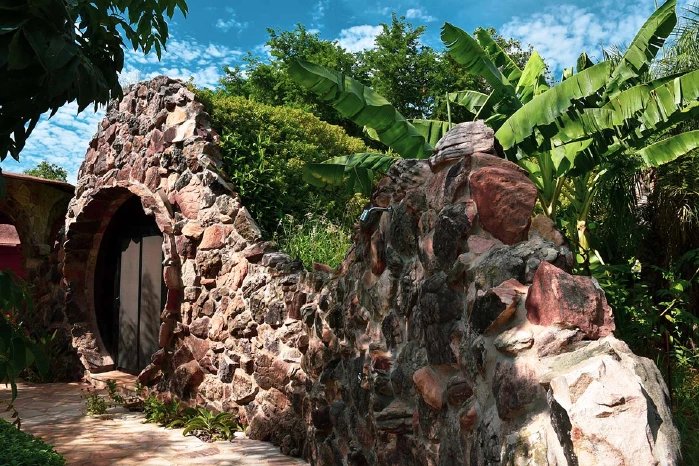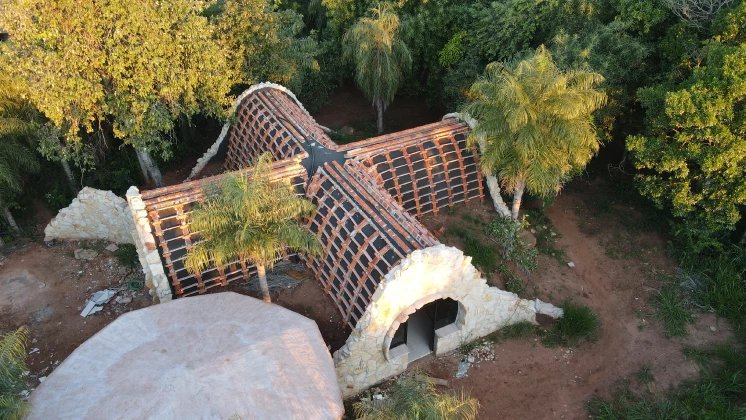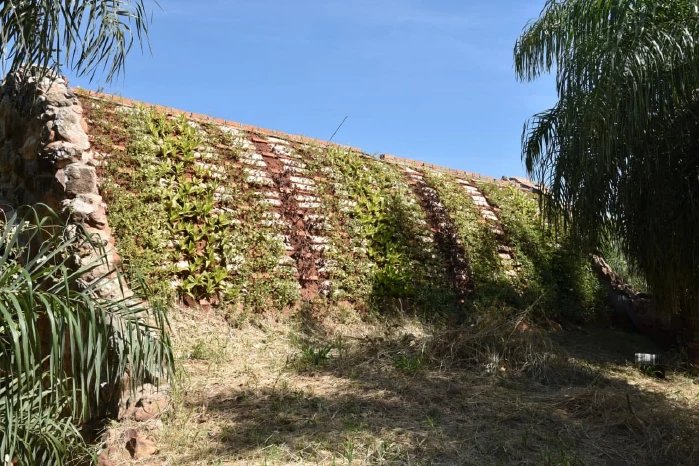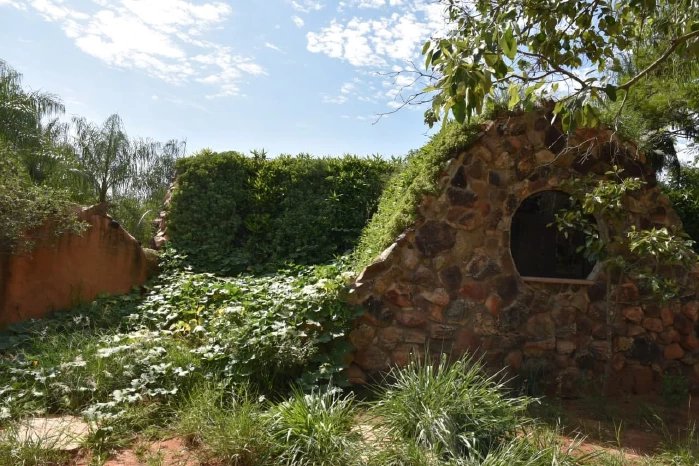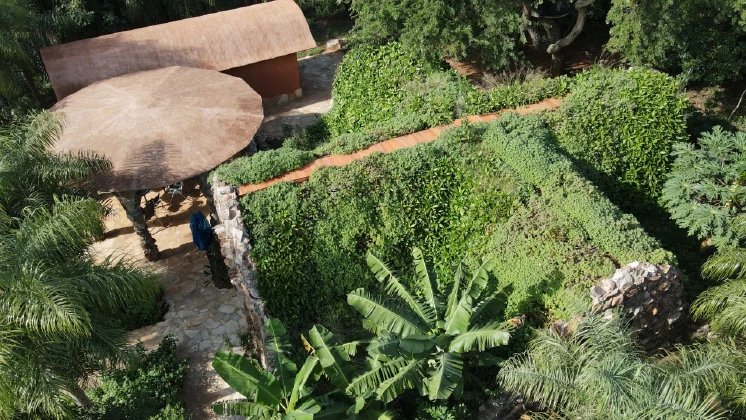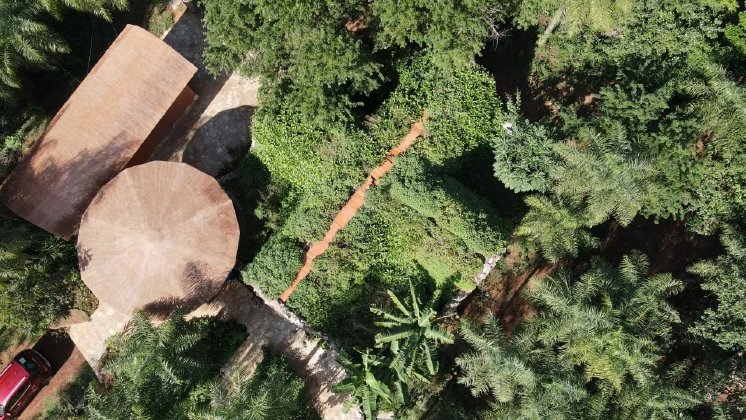Green roofs are globally recognized as ecological solutions in sustainable architecture, providing protection against solar radiation, weather extremes, and effective insulation against heat and cold. Vegetation density and shading can be enhanced through irrigation, thus contributing to rainwater retention, air quality improvement, and pollution reduction.
J&S Engineers have over 30 years of experience in natural wastewater purification with Constructed Wetland Systems. The first treatment plant was built in Germany in 1992 (still working perfectly), and from the 2000s, we began working in Latin America. Currently, our engineers undertake projects in Mexico, Paraguay, and Argentina, implementing highly innovative, ecological, and efficient wastewater treatment plants.
Architect Dr. Gernot Minke, globally recognized for his expertise in sustainable architecture and the use of natural materials in construction, is dubbed the "Father of Bioconstruction" due to his research in vault constructions and green roofs. We collaborate with him in the development of the residential complex "Valle Tucán" near Asunción, where we face challenges such as long periods of intense heat and frequent power outages.
In this context, we explore innovative solutions for passive building climatization along with natural water sanitation. We have succeeded in purifying wastewater on the roof of the same house and establishing a powerful vegetative layer, generating cooling effects as an additional benefit. Pre-treated waters are distributed over the roof surface and filtered into substrate layers, where physical and biological processes naturally purify them. The evaporation of water on the roofs produces a significant cooling effect as it extracts enthalpy of evaporation from the surrounding air. The vegetation, nourished by wastewater, provides shade and insulation.
This green roof, in combination with irrigation and wastewater treatment, optimizes space utilization and improves the ecological footprint of the construction. In urban and densely populated areas, a reduction in the heat island effect is observed, a significant challenge in modern urban planning in regions with moderate climates. Thus, this ecological and decentralized solution contributes to human well-being and environmental care in a friendly, efficient, and economical manner.
For more information, visit our website www.janisch-schulz.com/en. Inquiries via email to mail@janisch-schulz.com.
